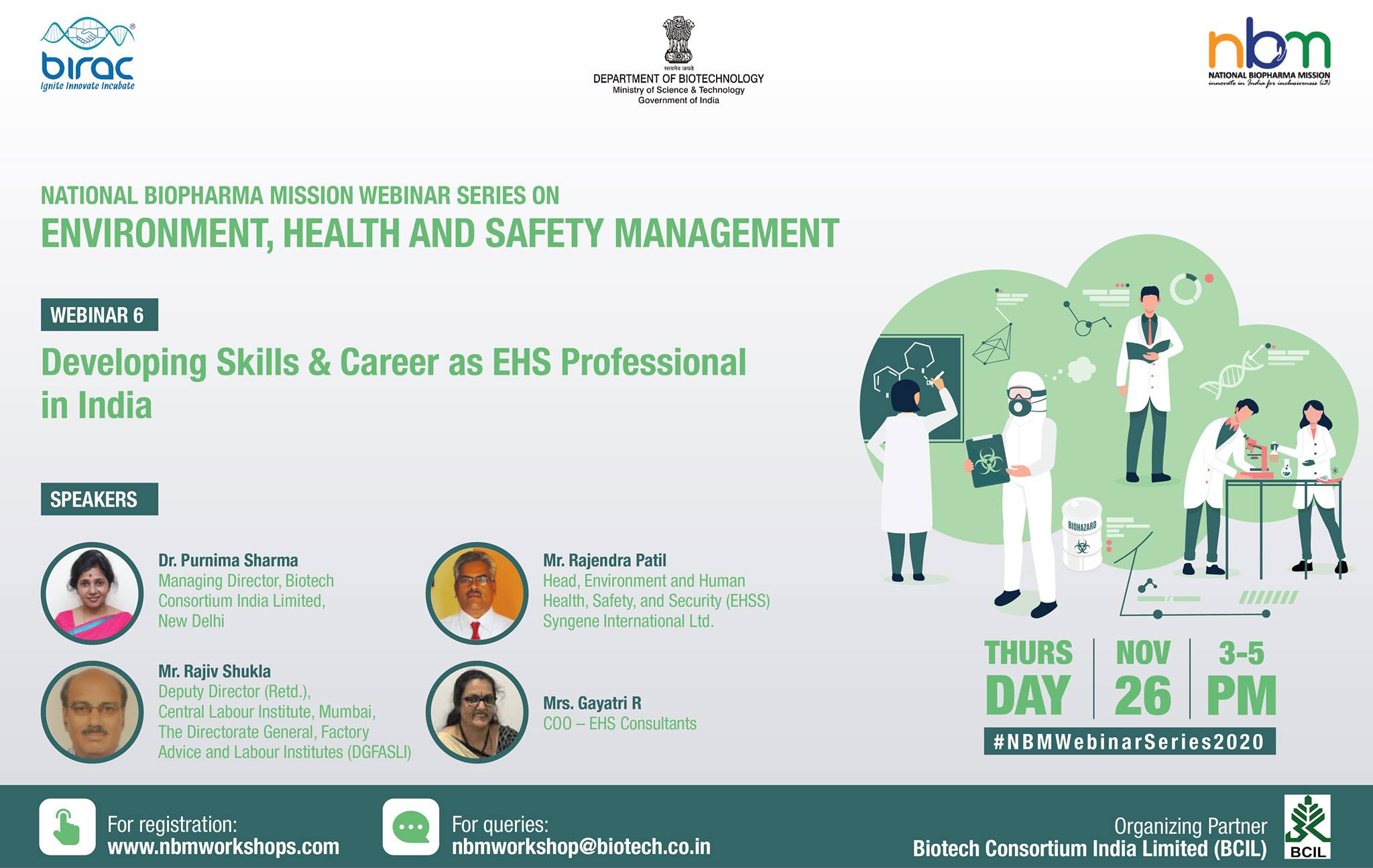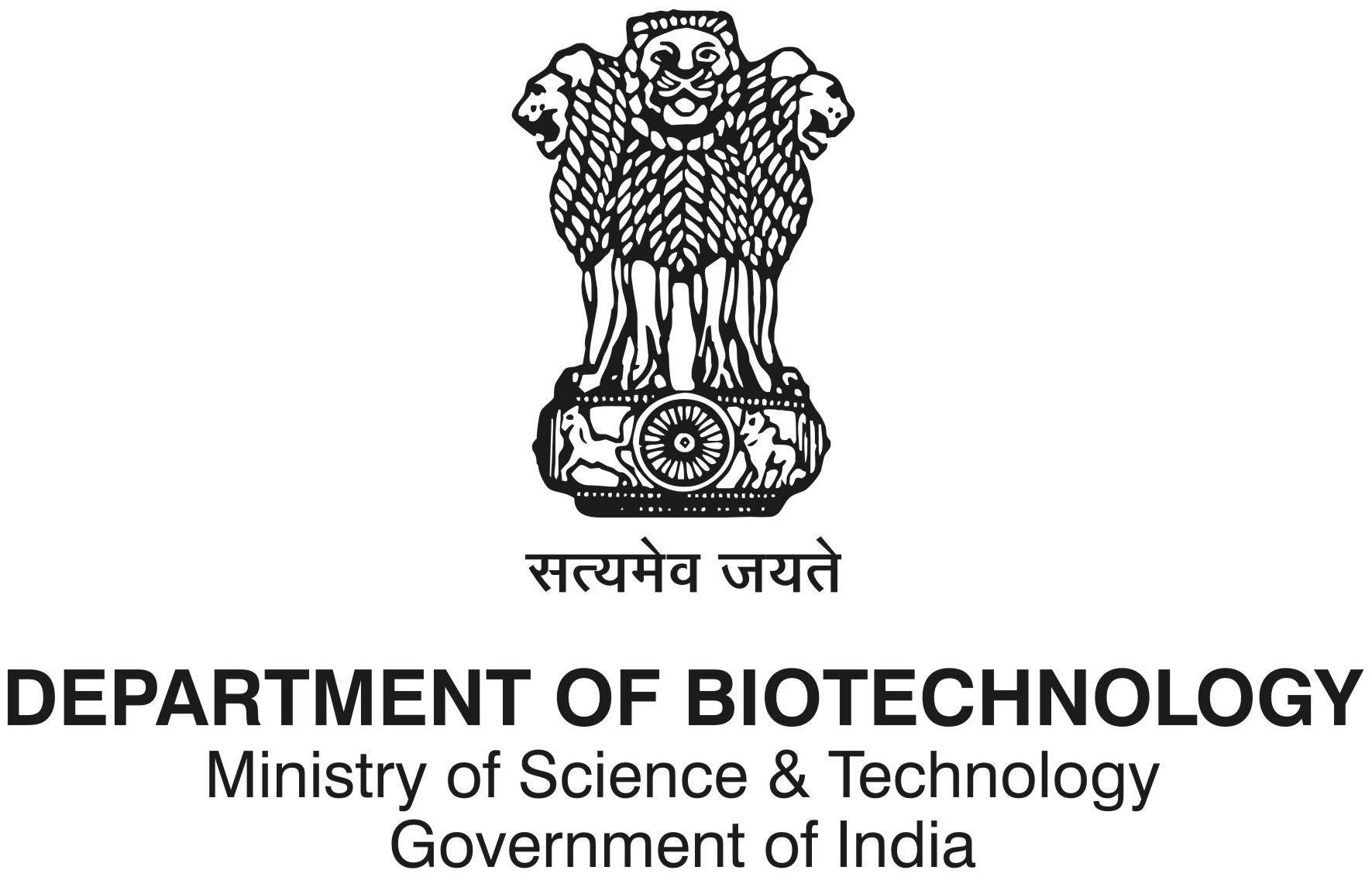
About
Many businesses use EHS management system and may never stop to wonder why. EHS management system protocols are important because they prevent a significant number of illnesses, injuries, and environmental hazards. Organizations like OSHA along with worldwide EHS management efforts have made corporations safer for workers. EHS programs are important because they prevent tragedy and protect the health and safety of workers. OSHA has conducted many studies that show the clear benefits of using EHS programs.
Improving environmental health and safety performance within your organization requires an in-depth understanding of management principles and the leadership skills to drive change. A candidate needs to be able to build leadership buy-in for health, safety, and environmental initiatives, lead teams effectively, and create strategies for integrating EHS principles into the culture of any organization, including in a crisis.
In particular, the COVID-19 pandemic has called for EHS leaders to take on and delegate many new and non-traditional environmental health and safety duties. From testing how to best disinfect disposable masks using radiation to organizing the collection of PPE from labs for distribution at hospitals, EHS professionals are playing a wide range of roles in responding to the pandemic that call for adept leadership skills.
In documenting the stages of a corporate environment, health and safety, and sustainability (EHS&S) manager’s career, the underlying hypothesis was that distinct changes in responsibilities, knowledge areas and skills would emerge based on the numbers of years of a professional’s experience.
The profiles of each career stage featured later in the report will provide a detailed analysis of how and when these subtle shifts take place, highlighting how professionals at each stage arrived at their current position, the defining characteristics of that stage of their career, their current role and responsibilities, the key knowledge areas and skills for their career stage and what awaits them in the next phase. These profiles represent each of five ‘stages’ of an EHS career, characterized as follows:
- {{keyPoints}}
One of the key findings of EHS&S Career Profiles is that it takes more than technical know-how to be a successful EHS&S professional. The most effective EHS&S professionals possess systemic thinking and communications skills to explain technical processes across departments, functions and geographic borders. Additionally, the EHS&S professional’s ability to transition from a manager to a leader to a decision maker rests on business acumen, interpersonal skills and the ability to communicate effectively.

As agents of change, EHS professionals are responsible for collaborating across functions to advance their programs. They do so, however, with limited direct authority except at the upper levels of management. Even then, the ability to collaborate, to communicate effectively and to be politically-savvy remain key skills as the sphere of their influence continues to broaden.
While most professionals in the field tend to have bachelor’s degrees in engineering or the sciences, 51 percent of respondents also hold a master’s degree, and another 57 percent have specialized certifications. For some, a certification may pave the pathway for more rapid advancement, as described by one interviewee: “If I wanted to move up quickly in the profession I needed to supplement that because I don’t have years of experience - so how do I make myself stand out? How do I prove that I’m more worthy than somebody else? [The certification] was the ticket to it.”
This webinar will provide an overview of developing skills and career as EHS professionals in India.
Agenda
- {{keyPoints}}
Speakers
Registration
Participation in the webinar will be free of charge, however advance registration will be required. The number of participants will be limited, and registrations will be on a first come, first served basis. For registration, please click here. Webinar will be livestreamed through Youtube, link is given here.
Contact Us
You may kindly contact NBM Workshop Management Cell, Biotech Consortium India Limited, New Delhi at nbmworkshop@biotech.co.in or 011-23219064-67 for any further queries regarding the programme.



